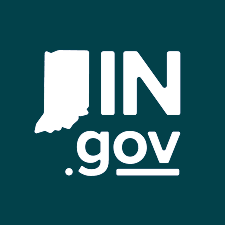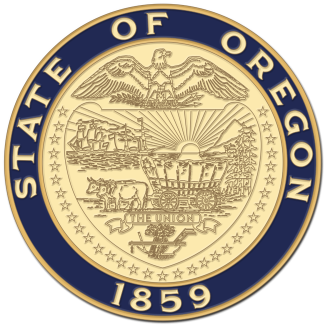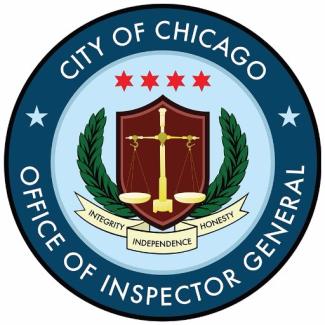Report Description
OIG audited the financial and human resource operations of the Chicago Board of Election Commissioners (CBOEC). CBOEC is responsible for conducting all elections within the City of Chicago per the State Election Code, and is funded by both the City of Chicago and Cook County. Although CBOEC challenged OIG’s jurisdictional authority, OIG completed the audit pursuant to its designation as an independent, external auditor by the Chief Judge of the Cook County Circuit Court. OIG found significant gaps in CBOEC’s financial administration related to vendor payments, cost allocations, budgeting, employee reimbursements, payroll, contract procurement, and cash management. Although CBOEC was informed of many of these gaps in May 2009, CBOEC did not implement many of the corrective actions it committed to undertake. OIG also found that CBOEC did not fulfill its obligations under the Patient Protection and Affordable Care Act (ACA), budget accurately for its personnel needs, have transparent hiring or promotional practices, or have succession plans for leadership and other critical positions. Lastly, OIG found that CBOEC does not have a contingency plan effectively designed to maintain continuity of operations in the event of attack or disaster.




